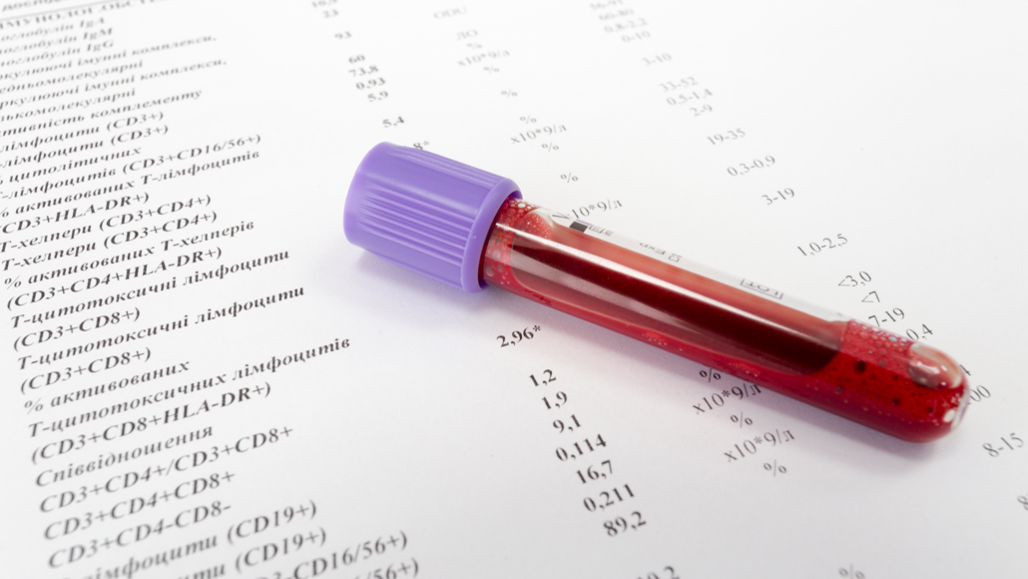We recommend offering prenatal screening for Down syndrome to all pregnant women who initiate prenatal care prior to 20 weeks of gestation. Women should have the option of invasive diagnostic testing, regardless of maternal age. A diagnostic test is a reasonable choice for women at high risk of Down syndrome.
Pretest counseling should provide clear, easily understood, nondirective, and complete information that allows patients to make informed, preference-based screening and diagnostic testing decisions. It should be clear that testing is voluntary.
Prenatal screening programs based on maternal serum and ultrasound testing can detect up to 95 percent of pregnancies affected by Down syndrome at a false positive rate of 5 percent.

The most commonly used Down syndrome screening test in the United States is the quadruple test. The quadruple test is the best serum screening test for women who present for prenatal care in the second trimester.
The most commonly used Down syndrome screening test in the United States is the quadruple test. The quadruple test is the best serum screening test for women who present for prenatal care in the second trimester.
The first trimester combined test is the best serum screening option for women whose most important goal is to obtain their estimate of risk of Down syndrome early in pregnancy. An additional measurement of alpha-fetoprotein or ultrasound screening is recommended in the second trimester for detection of open neural tube defects.
The full integrated test has the highest detection rate for Down syndrome, the lowest rate of procedure-related losses per woman screened , and includes screening for open neural tube defects. The serum integrated test has the highest detection rate for any serum screening test in which nuchal translucency measurement is not used.
Step-wise sequential screening offers the advantages of the integrated test but allows those women at very high risk to receive an early diagnosis.
Maternal plasma cell-free DNA testing is a screening test not a diagnostic test. If cost is not an issue, we recommend cell-free DNA screening rather than biochemical marker-based screening for Down syndrome (Grade 1B). Cell-free DNA screening has higher sensitivity for detection of Down syndrome and a lower false positive rate, which leads to more cases detected with far fewer invasive procedures. Cell-free DNA screening does not screen for open neural tube defects.
Management of screening results:
- A screen-positive result means the fetus is at increased risk of Down syndrome (and sometimes other conditions). After a positive screening test, it is helpful to have the parents meet with a genetic counselor to inform them of their diagnostic and management options, including information about the natural history of the specific condition.
- Cell-free DNA testing is routinely offered for secondary screening after a positive biochemical marker screening test. Because of the high sensitivity and specificity of cell-free DNA tests, many patients with false positive biochemical marker tests will be reclassified as screen-negative with minimal risk of misclassification of true positives. Alternatively, women may choose to have a diagnostic test.
Women who undergo cell-free DNA screening as their initial screening test and are screen positive should be offered invasive testing for definitive diagnosis.
A screen-negative result means the fetus is at low risk of Down syndrome as defined by a specific laboratory cut-off. No further testing is indicated, although a negative screen cannot completely exclude the possibility of Down syndrome. A negative screen also does not exclude the possibility of a fetus with a chromosomal abnormality other than Down syndrome but detectable with diagnostic testing.
Prenatal, intrapartum, and postpartum care are provided according to usual obstetric standards. Ultrasound examination at 18 to 22 weeks is the optimum time to evaluate the fetus for congenital anomalies (particularly cardiac abnormalities) associated with Down syndrome. It is estimated that fetal demise between approximately 16 weeks of gestation and delivery occurs in up to 30 percent of Down syndrome pregnancies not electively terminated; severe congenital anomalies and growth restriction may account for many of these losses.